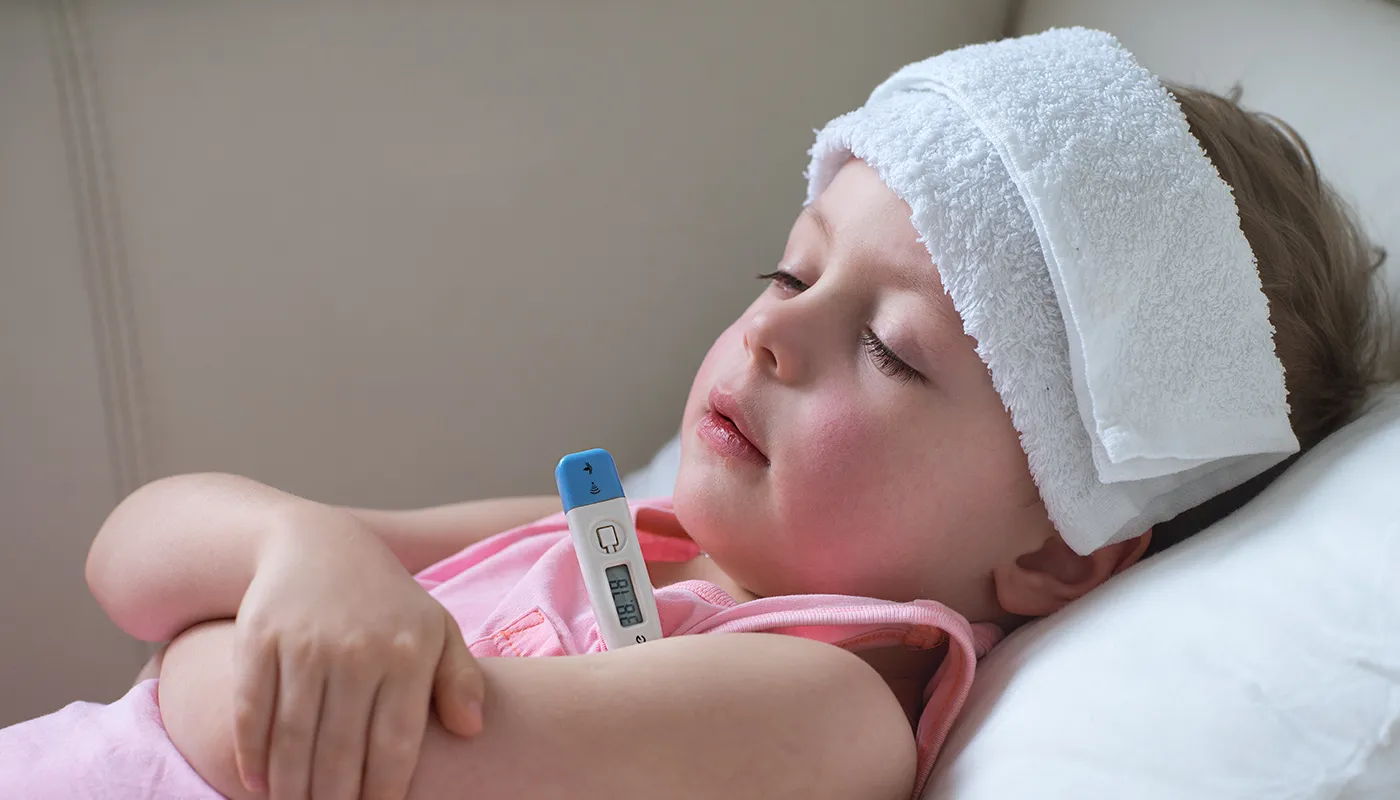Developmental Milestones: Your Child Before Age One

The second most common question in a wellness check is “Is my child developing normally?”. The answer may seem simple – you can look up a list of “milestones” for the age and see if your child is doing all those things for the age. It is not quite that simple.
First, milestones are not always important or necessary. They come from looking at hundred or thousands of children at a certain age and observing what they do. That was put together into chart showing what the average child is doing at an age – some were ahead, some behind. Some milestones matter, others are just observations that if your child never does it still is harmless.
Talking to a pediatrician matters, because some things you notice might be harmless, others might be important to evaluate further. Most importantly, every baby is unique and develops in their own way.
First month

For most of the first month, all we expect is to feed and sleep. If both are going well, that’s enough. This is the most rapid period of growth a person ever has, so all their energy is put into that.
One to two months
Between one and two months, a baby should become more social and alert, and more interactive with you and the environment. We see more smiles, baby sounds, and responses, especially to a parent’s face. There should be better head control, at least able to hold a head up and look both ways for a short time. Growth is still rapid, so waking to feed is still common.
Four months
By four months, more motor leaps occur. We look to see a baby starting to grab things, much more drooling, and everything going in the mouth. It is usually not teething, it’s that babies at this age enjoy how things feel in their mouth. We expect good head control and sometimes rolling. Growth is starting to slow, so some babies are sleeping through the night already. With good head control, solids are usually safe to start now. This is also a time when sleep training is possible if a baby cannot self-settle.
Six months
By six months, the motor skills should be much more obvious. The baby would grab things easily and able to start some self-feeding with solids. Every baby should be able to roll back and forth by six months, but not all babies like to roll, so as long as you can roll that is enough. Some babies roll once, and do not seem to like it and would not roll again for months.
Nine months
At nine months, we want to see a more moody, independent, strong-willed baby with their own personality. A pincer grasp is there to pick up small objects, sitting up well without support, and often pulling up to stand. Still lots of drooling, but now also babbling. Some separation or stranger anxiety is often seen, and getting pickier with food may start this early. Growth slows much more now, so the kilogram a month an infant can gain may just be a kilogram every two to three months.
After 10 months

Development starts to vary much more after nine months. Some children are walking by 10 months, while others can take well past one year old. Some babies have a specific word or two by their first birthday, while some may barely have a word at two years of age. Your baby might demand primarily milk, some may have decided solids are the best food and take little milk. It varies so much, and every child is unique, so if you are concerned that something is not normal, consult your doctor.
One thing not mentioned is crawling. We don’t ask about that as much now, because not all babies crawl, or crawl with the classic baby craw. It’s harmless, and plenty of infants now go straight to pulling themselves up to stand and then walking. If everything else is OK, not crawling is almost normal.
These are rough guidelines, and if you look online, you can see many milestones. Again, most of these vary from child to child and are not critical to development. Some babies can just be late to hit milestones, so a delay of a month or two usually is harmless. Your doctor should be there to answer any questions and know what milestones you need to worry about and which are not as important.

About Author
This article is written by Dr Leo Hamilton, who is a US board-certified Pediatrician since 2003. Dr Leo relocated to Singapore in 2011, caring for expat and Singaporean children from newborns at delivery to teenagers. Beyond his background in Hematology/Oncology, he has an interest in asthma, behavioural issues (primarily ADHD), teen health, and modern management of routine childhood illnesses such as ear infections, bronchiolitis, and pneumonia.


